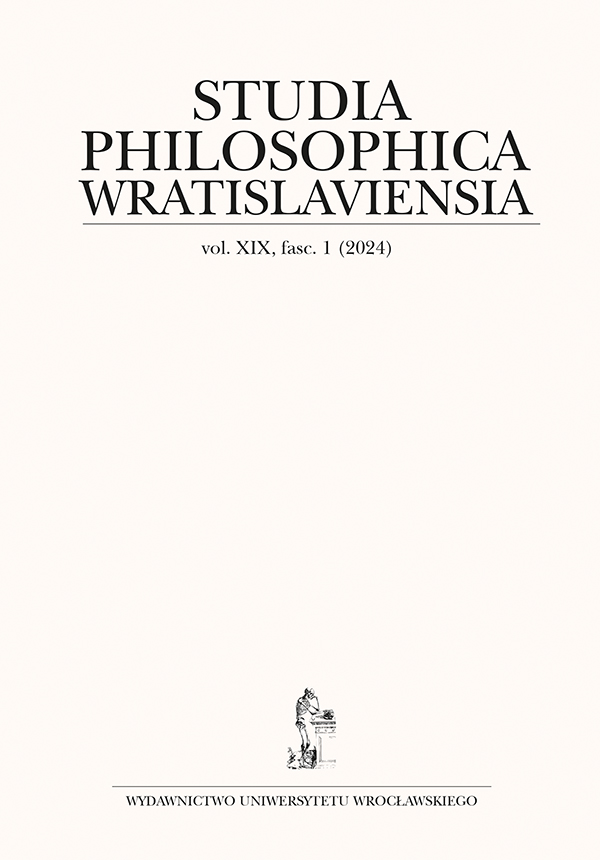

Artykuły

The existence of evil in our world seems to pose a serious challenge to belief in the existence of a perfect God. If God were all-knowing, it seems that God would know about all of the horrible things that happen in our world. If God were all-powerful, God would be able to do something about all of the evil. Moreover, if God were morally perfect, then surely God would want to do something about it. These facts about evil seem to conflict with the Islamic theist claim that there exists a perfectly good God. Several solutions to this problem have been proposed in Islamic thought. Ibn al-Arabi’s thought on evil goes as far as to say that what is seen as evil is actually illusory and has no reality. According to Ibn al-Arabi, existence is all good. Evil has no existence and belongs only to non-existence. The thoughts of Abu al-Hasan al-Ash‘ari can also be said to have caused a kind of moral conventionalism. Ash‘arism, unlike Mu‘tazilite thought, claims that the task of revelation is not only to explain moral statements but to impose and determine them. We encounter Neoplatonist point of view in Islamic thought. Avicenna says that evil has no positive existence or reality of its own. Evil is the incomplete realization of a good or existence. As maintained by him, evil arises when something does not show the full characteristics of its nature or type. There is no pure evil in the absolute sense. Solutions to the problem of evil do not always resort to the idea that evil is an illusion or an accidental element. According to Mu‘tazila and Maturidism, evil actually exists in this world; for conceptions of evil as an illusion or an accidental element do not adequately meet the conditions of being a free agent. According to this understanding, in order for an agent to have free will, it must not have been caused by external factors, e.g. God or the laws of nature.
Akti S., İbn Arabi’de Varlık ve Kötülük Problemi, Istanbul 2018.
el-Eş‘arî E.H., İlk Dönem İslâm Mezhepleri, Makâlâtü’l-İslâmiyyîn, tłum. Ö. Aydın, M. Dalkılıç, Istanbul 2019.
Griffel F., Gazali’nin Felsefi Kelamı, tłum. İ.H. Üçer, Muhammed F. Kılıç, İstanbul 2012.
Hume D., Dialogi o religii naturalnej, [w:] D. Hume, Dialogi o religii naturalnej. Naturalna historia religii, tłum. A. Hochfeldowa, Warszawa 1962.
Meister Ch., Introducing Philosophy of Religion, London-New York 2009.
Özdemir M., İslam Düşüncesinde, Kötülük Problemi, Istanbul 2001.
Şekeroğlu S., Matüridi’de Kötülük Problemi, „Harran Ü. İlahiyat Fakültesi Dergisi” 21 (2001), s. 135–152.
Tornau Ch., Saint Augustine, [w:] The Stanford Encyclopedia of Philosophy. Summer 2020, E.N. Zalta (ed.), Stanford 2020, https://plato.stanford.edu/archives/sum2020/entries/augustine/ (dostęp: 17.06.2024).